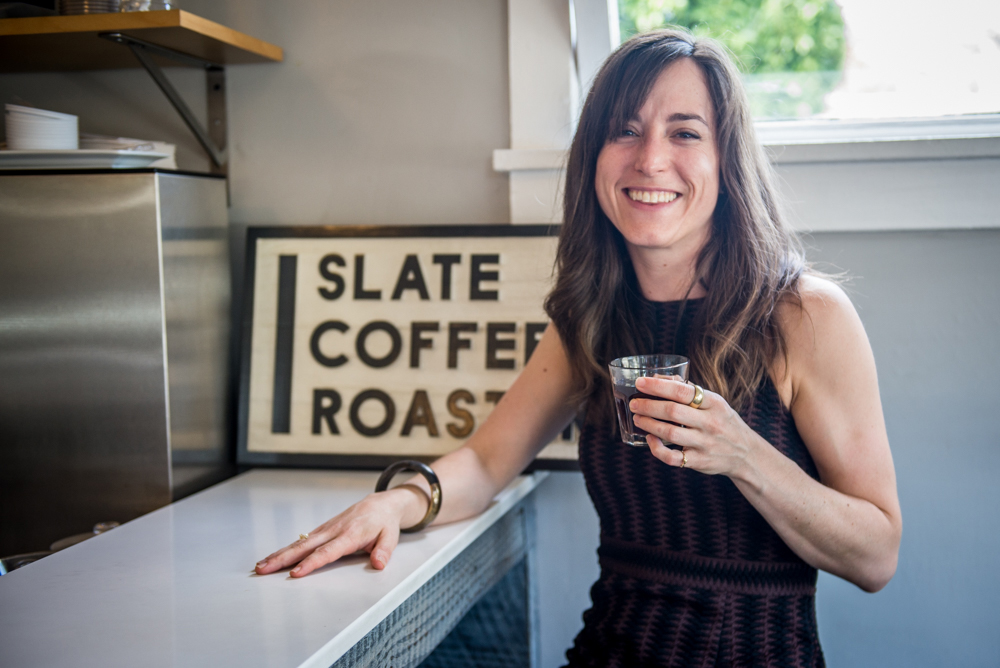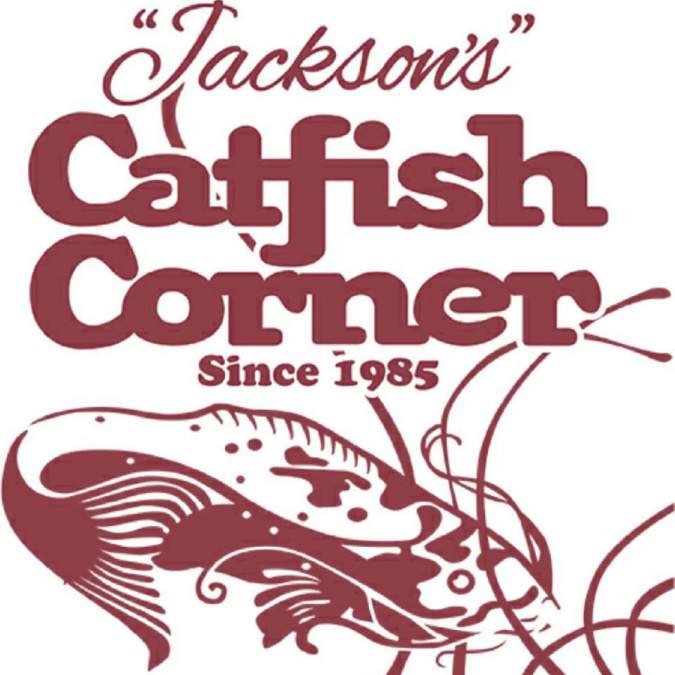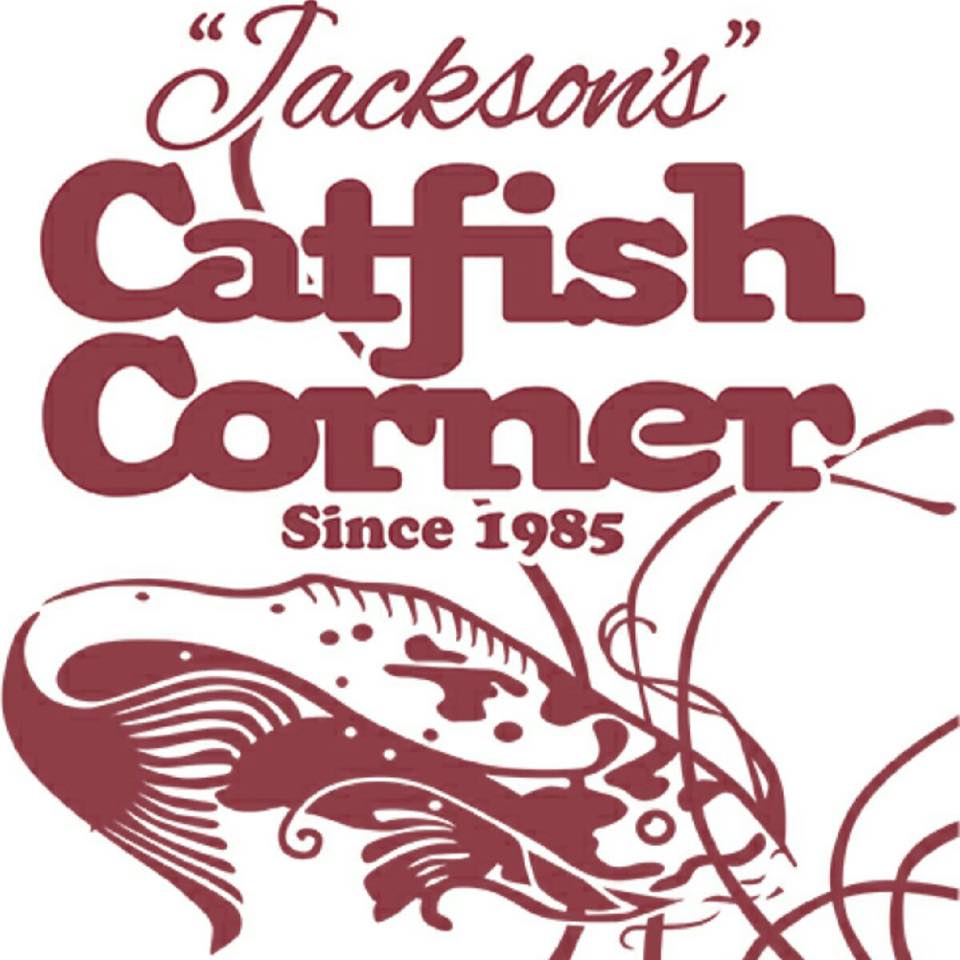Seattle has long been a pioneer in the coffee world. From the well-known story of Starbucks to the independent-cafe scene, nearly every Seattleite has an opinion about their coffee in one way or another. Today there’s another revolution happening in the coffee world: a move toward high-tech, slow-pour-over coffee; a focus on extracting the best flavors from coffee by weighing ingredients, measuring exact temperatures, and taking the time to make it just right.
We’re also returning to our neighborhood roots, and the small, independent cafe is on the upswing—that place where your barista knows your name and your drink. It’s become the equivalent of your local pub.
At the forefront of this revolution is Chelsey Walker-Watson, co-owner of Ballard’s Slate Coffee Bar and recipient of Seattle Weekly’s 2014 Best Coffee Experience award. We chatted with her about the evolution of Seattle coffee culture:
The deconstructed espresso and milk served at Slate Coffee. Photo by Morgen Schuler
How would you describe Seattle coffee culture?Walker-Watson: The Seattle community is exceptionally passionate and extremely proud of our coffee. People care so much and have a great sense of pride about where they get their coffee. Most people have their drink that they go out for—it’s almost like an expression of their individuality.How has coffee changed in Seattle over time?Seattle is a very espresso-focused culture. The late ’90s and early 2000s were a special time within the coffee industry, and we were focused on smoky, classic espressos. We have stayed deeply rooted in that tradition, and I think that is what has defined the coffee culture here.
Now we are starting to see a few new roasters, like Kuma and Velton’s, that are evolving coffee in Seattle by creating different roasts and flavor profiles, as well as working with smaller farmers around the world. Part of our mission at Slate is to help elevate the culture here, and we focus on both roasting and serving coffees that are more balanced in acidity and sweetness with fresh-fruit flavors.What new techniques do you see coming to the forefront?What’s new in Seattle is not necessarily new in other cities. Here, there are a number of shops that have been doing pour-over brewing for a while—like Seattle Coffee Works, which does it beautifully.
A lot of established shops have also offered pour-overs, but as an afterthought. I think there will be a greater emphasis on this type of brewing. For a lot of Seattleites, the concept of single-cup brewing is still very new.
Chelsey Walker-Watson making a pour-over coffee. Photo by Morgen Schuler
What trends are happening or emerging in the industry?There’s definitely more of a focus on pour-overs and lighter roasts. There has also been a shift toward weight-based brewing. Here we measure the water and coffee in grams—brewing has become a more exact science.Why should coffee drinkers come to small cafes if they typically go to Starbucks?I think Starbucks has established a great framework. The wonderful thing about them is that you know what to expect and you get a consistent cup of coffee. But sometimes it takes you out of character of the community.
At an independent cafe, you’ll get more of a feel for what makes that neighborhood special. Small cafes may bring you coffee that they want you to experience. People also want to support small businesses or a family or couple, and that’s important.
There’s a big tendency to bash Starbucks. I just want people to enjoy and drink coffee. The only reason I can have a small coffee bar is because people have come to love their grande caramel macchiato at Starbucks, and they are now willing to see what I can do.
food@seattleweekly.com








